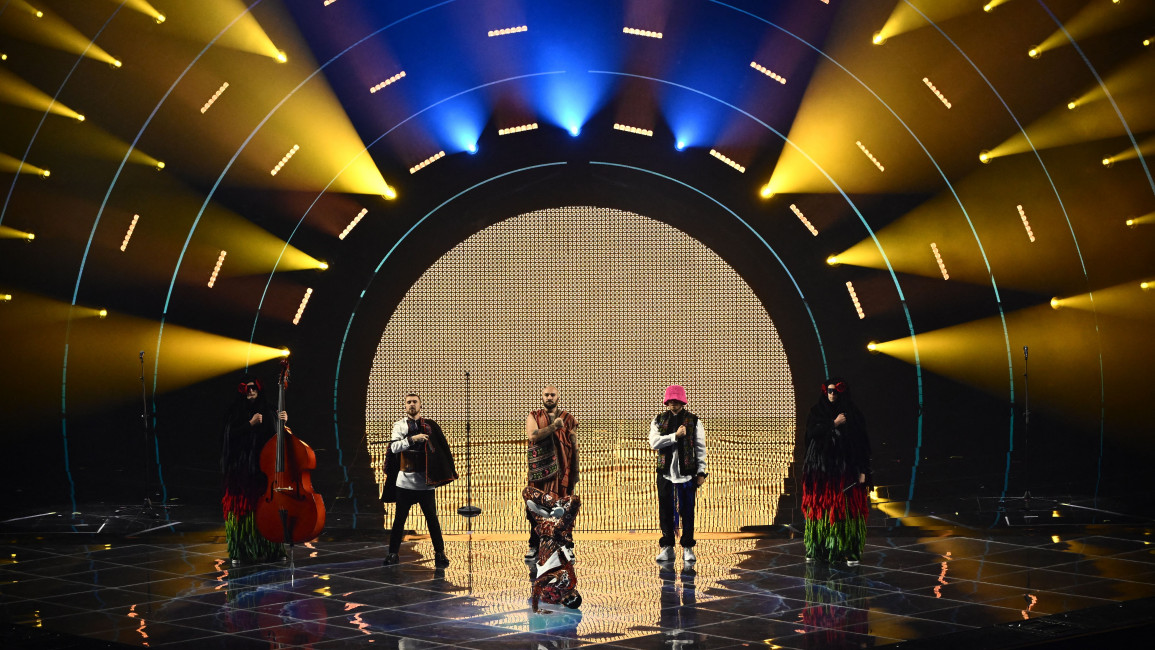Eurovision 2023 won't be held in Ukraine due to war, UK may step in
The organiser of the Eurovision Song Contest said Friday that it will start talks with the BBC on possibly holding next year's event in the UK after concluding that it can't be held in Ukraine.
The event is traditionally staged by the previous year's winner. Last month, Ukrainian band Kalush Orchestra won the 2022 contest, pushing Britain into the runner-up spot thanks to a surge of popular votes from viewers. The win buoyed Ukrainian spirits amid the Russian invasion.
Ukraine's public broadcaster, UA:PBC, has staged the event twice before, in 2005 and 2017. The European Broadcasting Union said it had carried out "a full assessment and feasibility study” on the possibility of it doing so again.
It said the contest is one of the world's most complex television productions and needs 12 months of preparation time.
The contest's governing board “has with deep regret concluded that, given the current circumstances, the security and operational guarantees required for a broadcaster to host, organise and produce the Eurovision Song Contest" under the event's rules cannot be fulfilled by the Ukrainian broadcaster, the EBU said in a statement.
It said it shares the broadcaster's “sadness and disappointment that next year’s Contest cannot be held in Ukraine.”
“It is our full intention that Ukraine’s win will be reflected in next year’s shows,” the EBU said. "This will be a priority for us in our discussions with the eventual hosts.”
The BBC said in a statement that “clearly these aren’t a set of circumstances that anyone would want,” but that after the EBU decision “we will of course discuss the BBC hosting the Eurovision Song Contest.”
British Prime Minister Boris Johnson’s spokesman, Jamie Davies, said “Ukraine’s victory in the Eurovision Song Contest was richly deserved” and Britain had hoped to see next year’s event held in the winning country.
If that proved impossible, he said, “we would welcome the opportunity to work closely with Ukraine and the BBC to host it here in the UK.”
He said Britain would ensure the event reflected “Ukraine’s rich culture, heritage and creativity.”


![Hundreds demonstrate against the White House Correspondents' Dinner in support of Gazan journalists. [Brooke Anderson/TNA]](/sites/default/files/styles/image_212x120/public/2024-04/5cde0bce-4652-4e28-a001-f06b9b8f8e28.jpg?h=ddb1ad0c&itok=KpFyfV2a)
